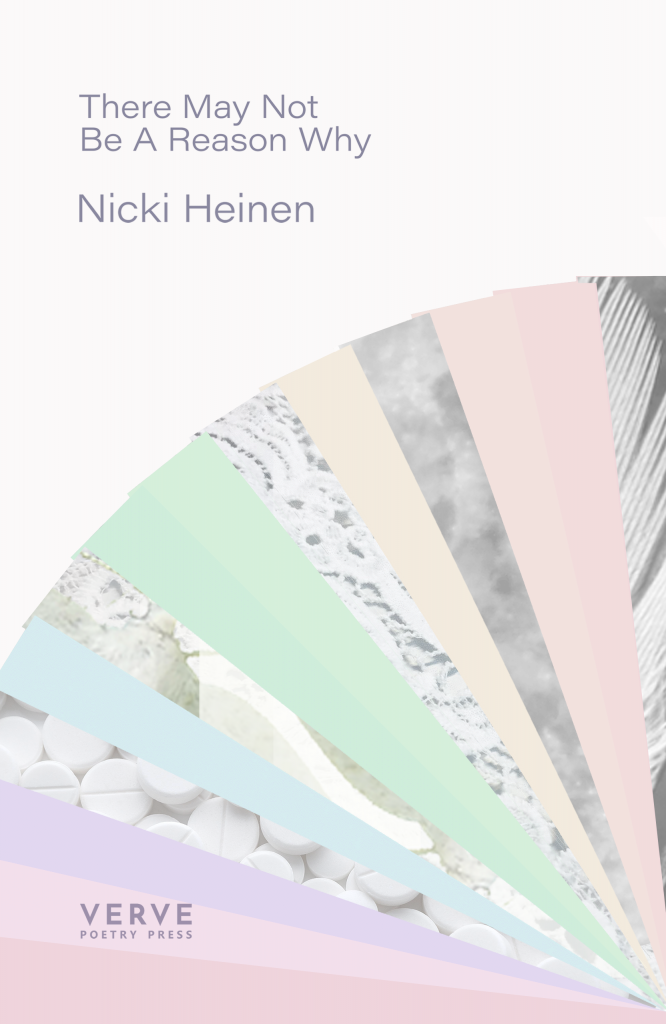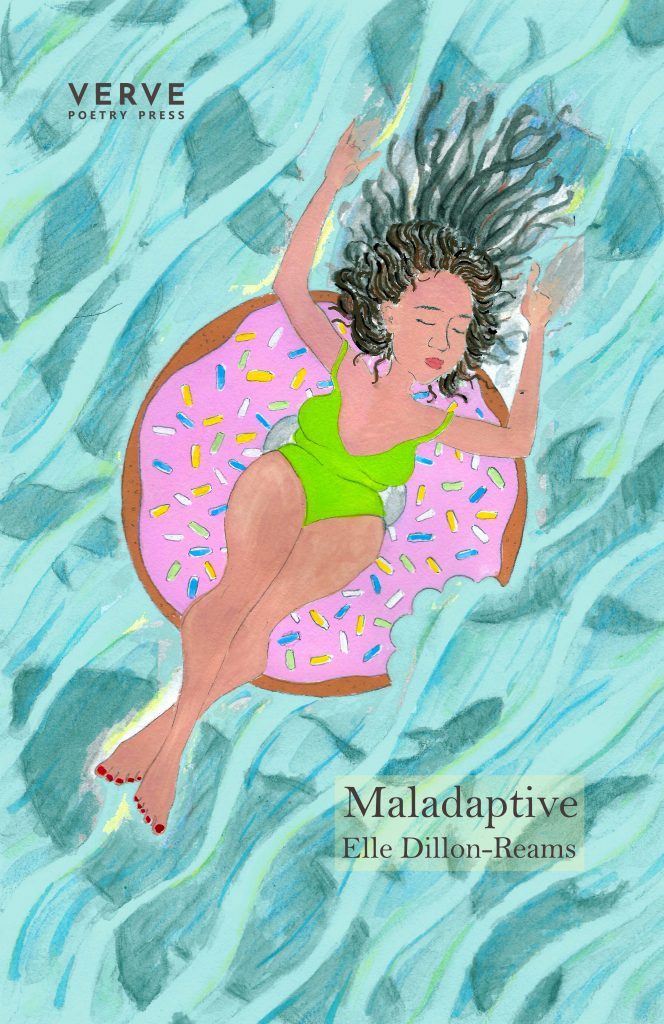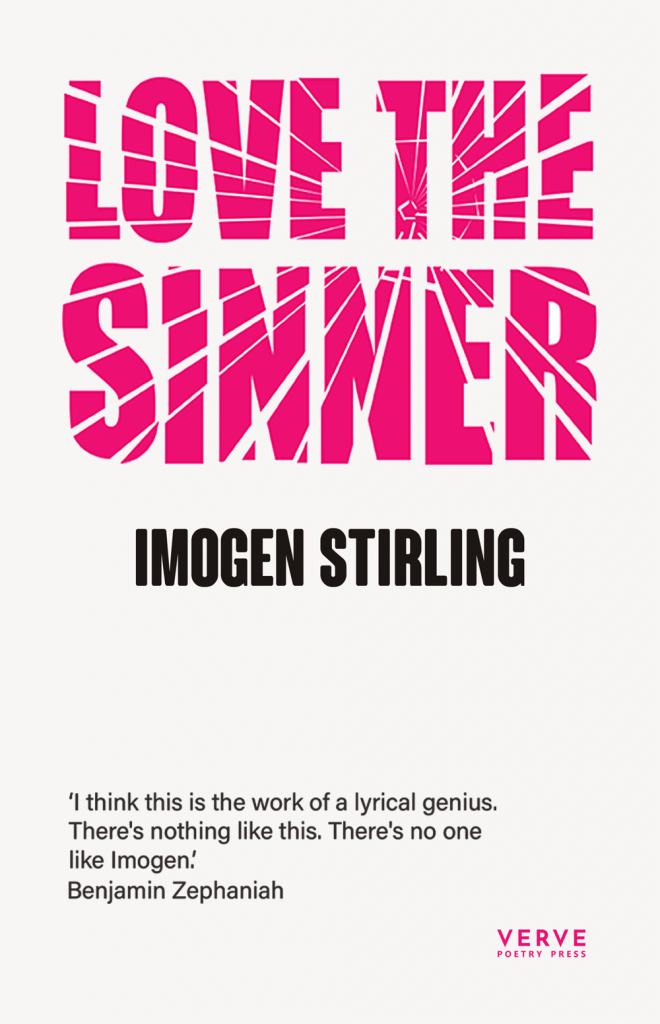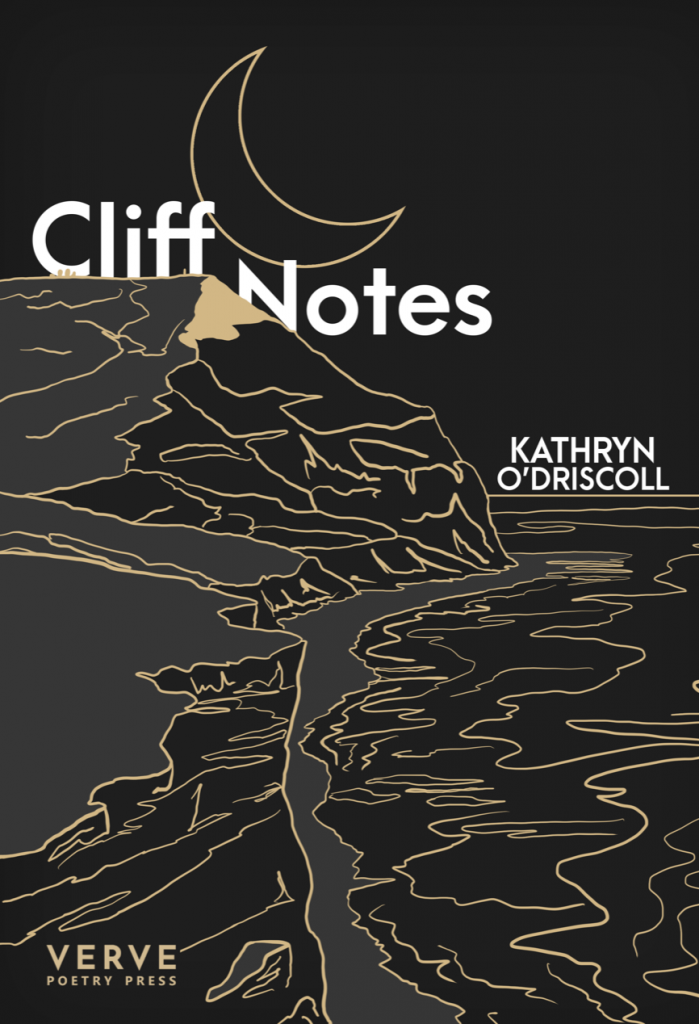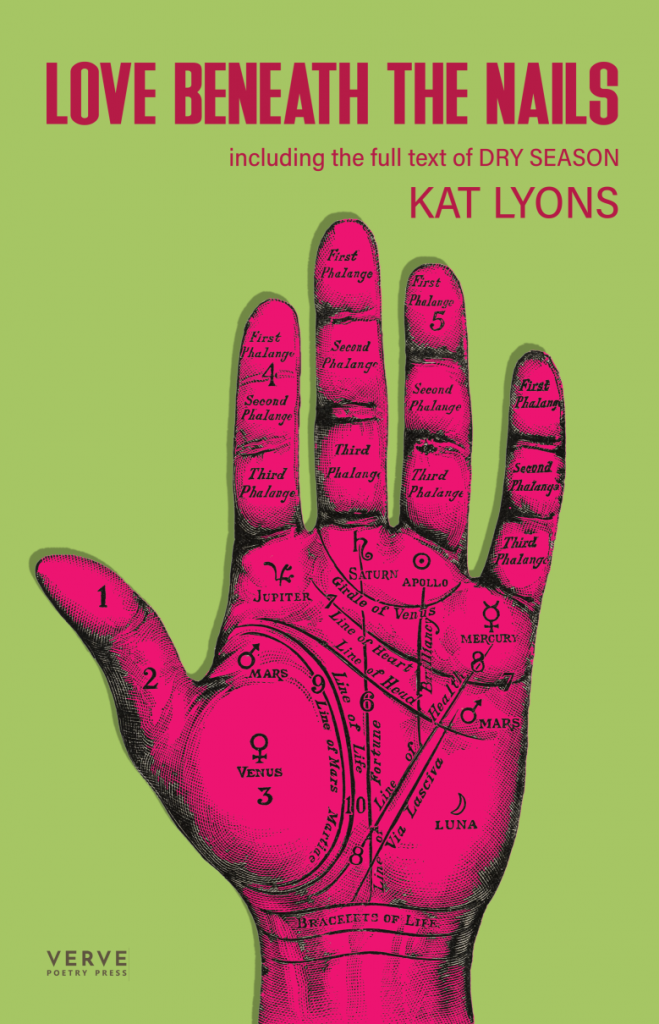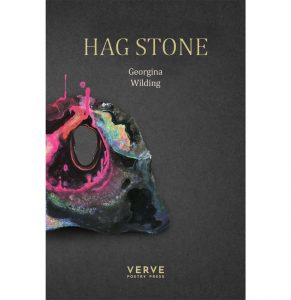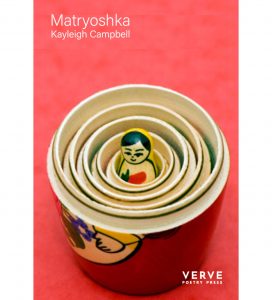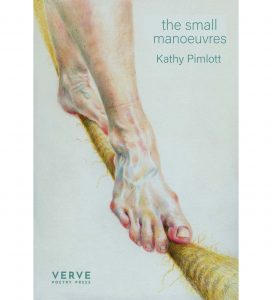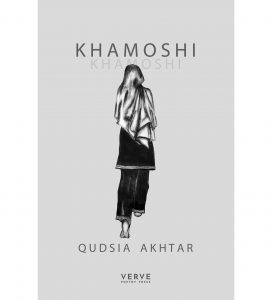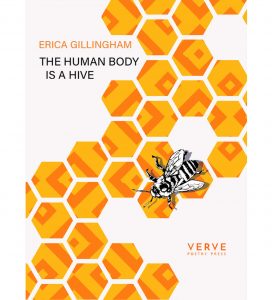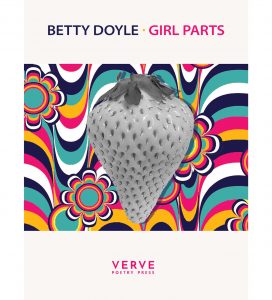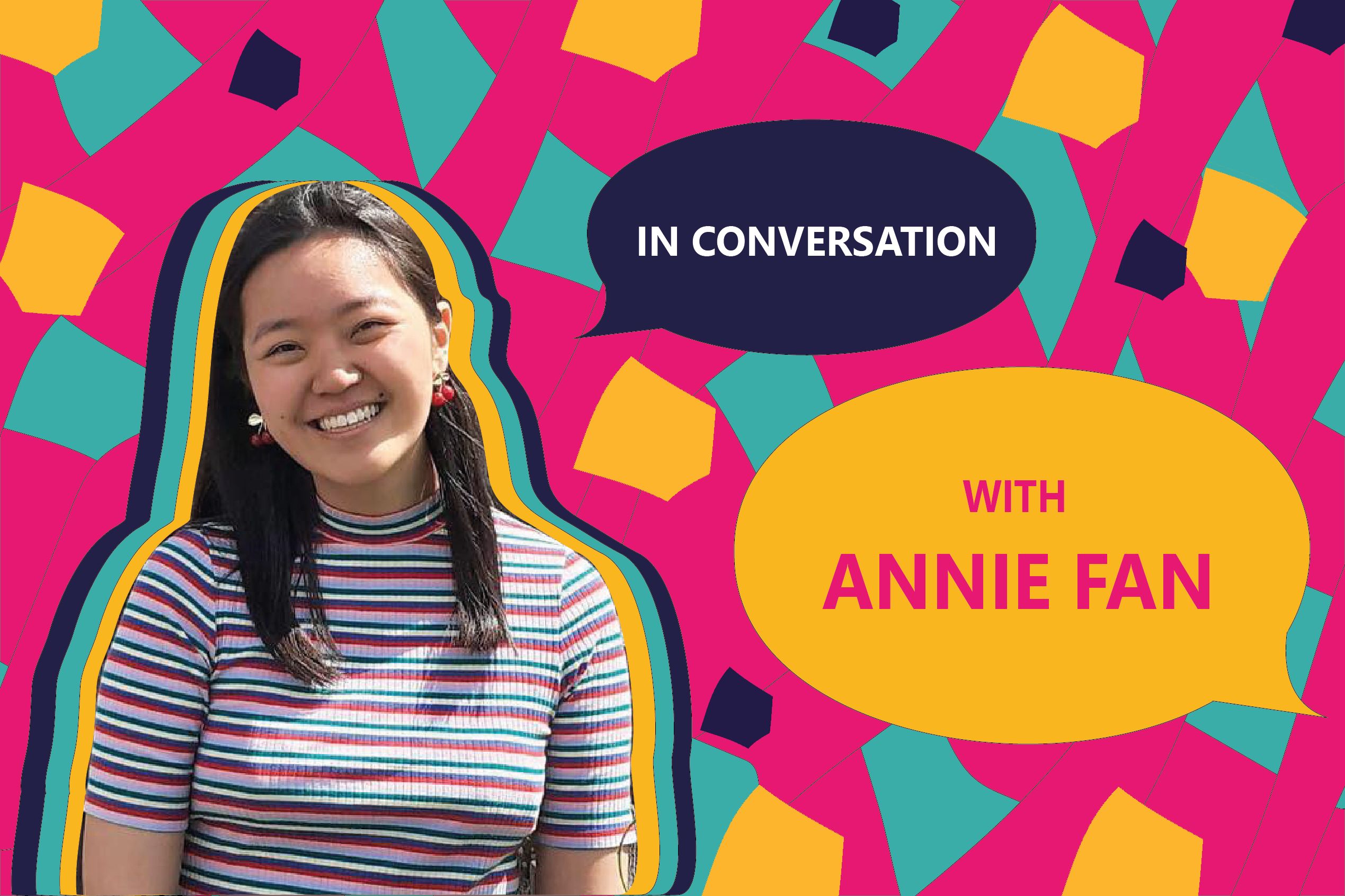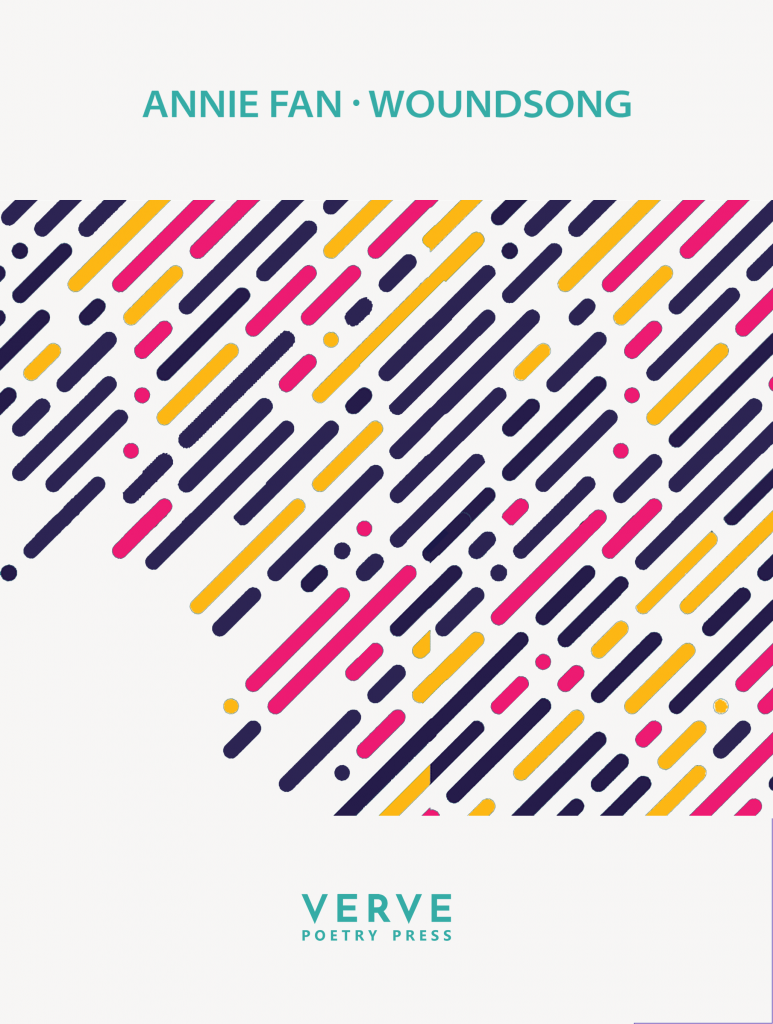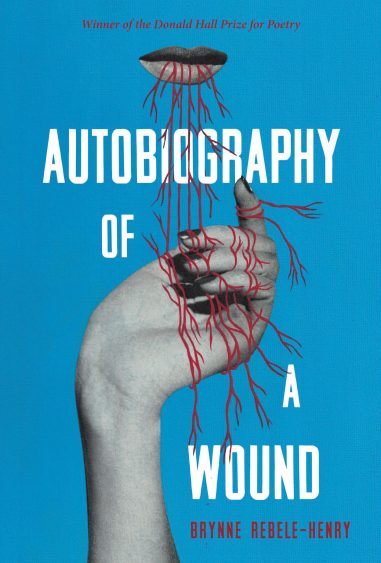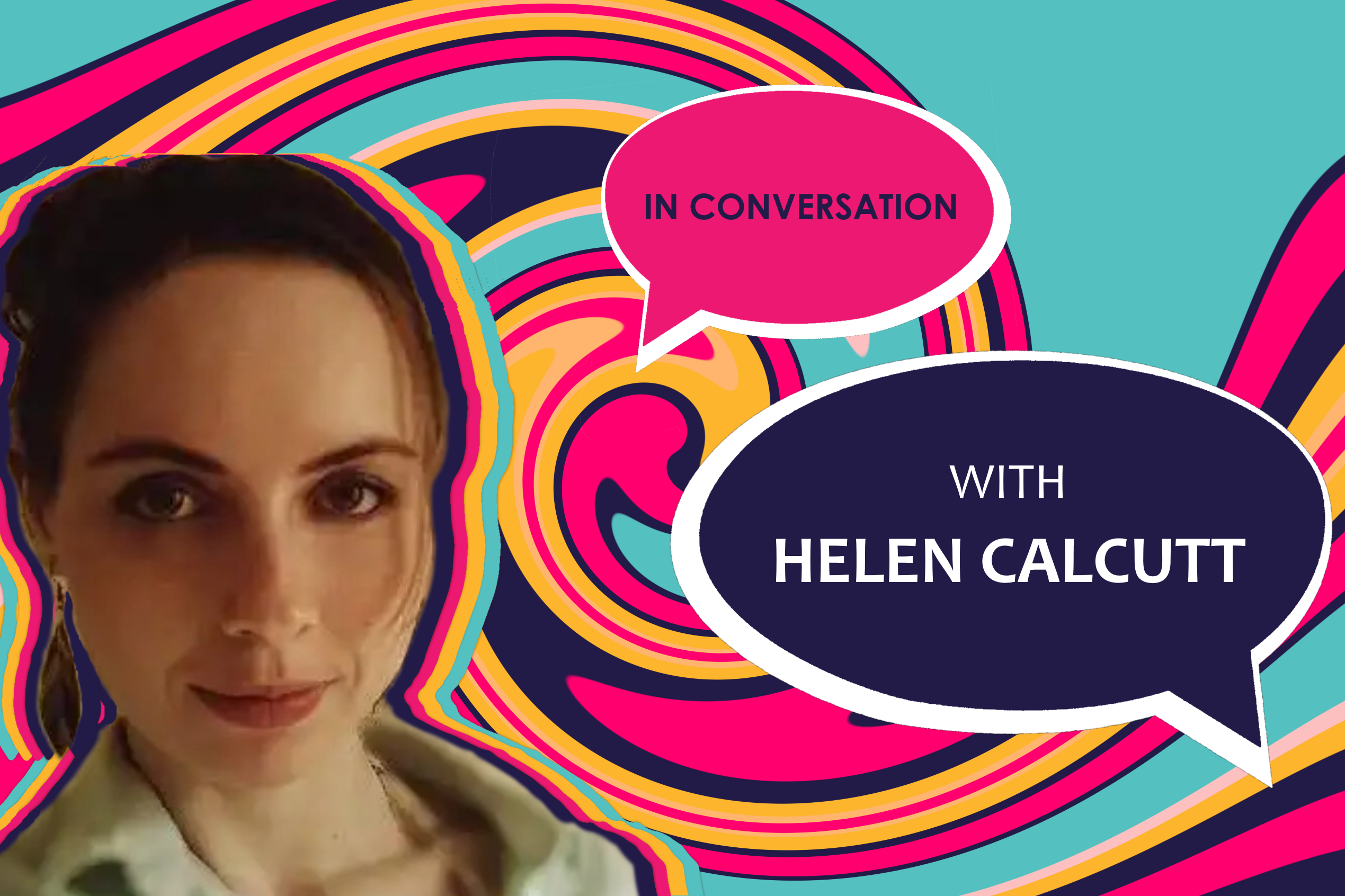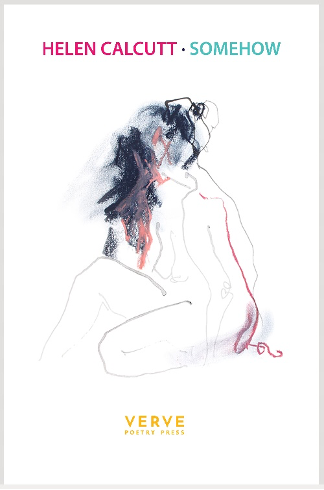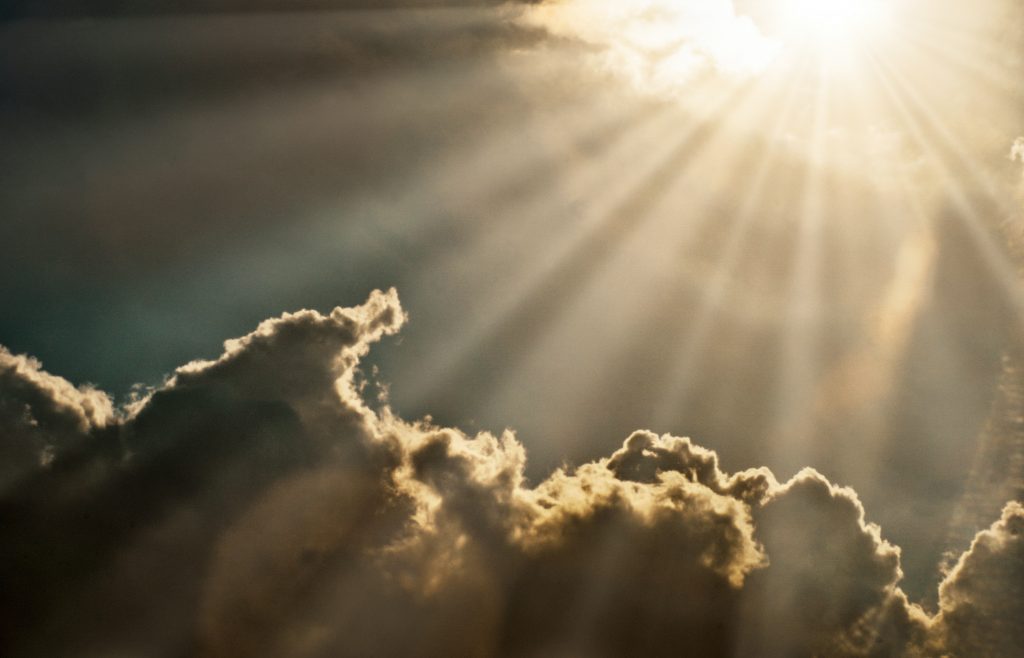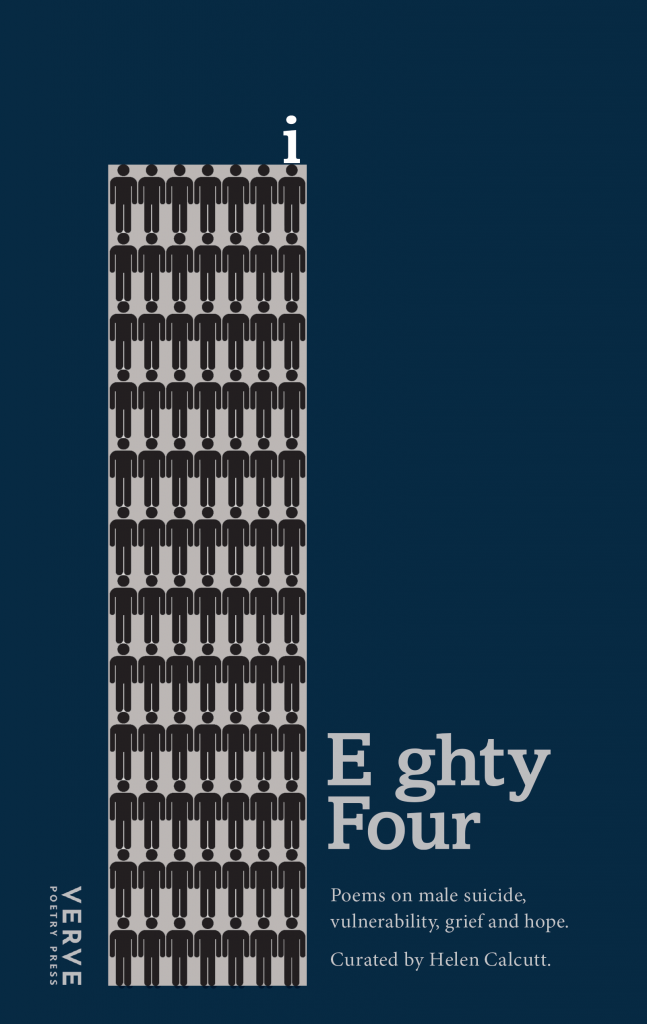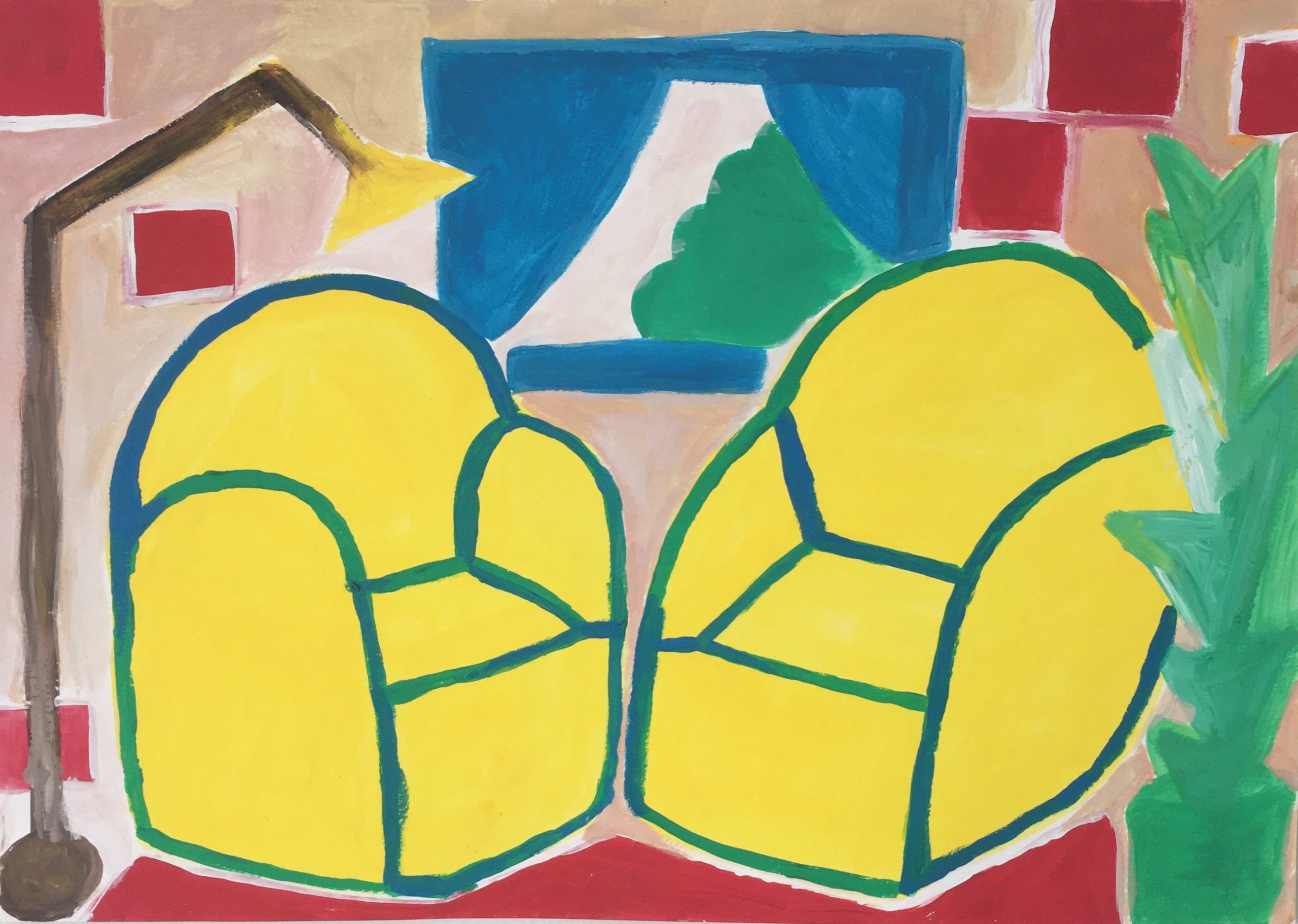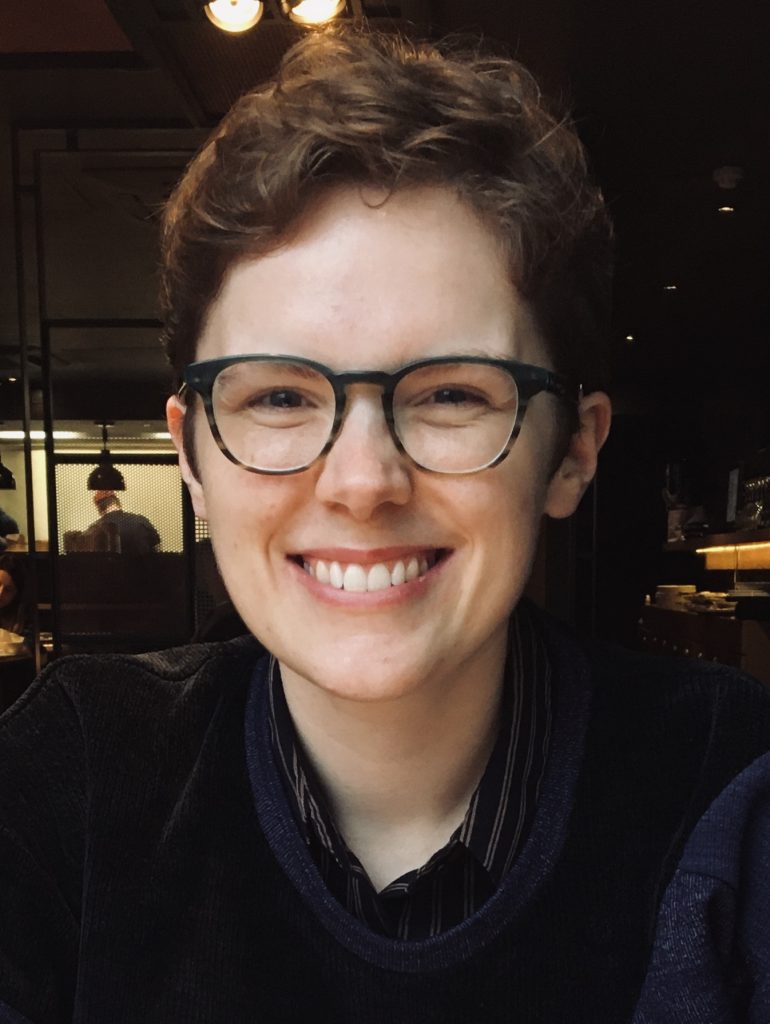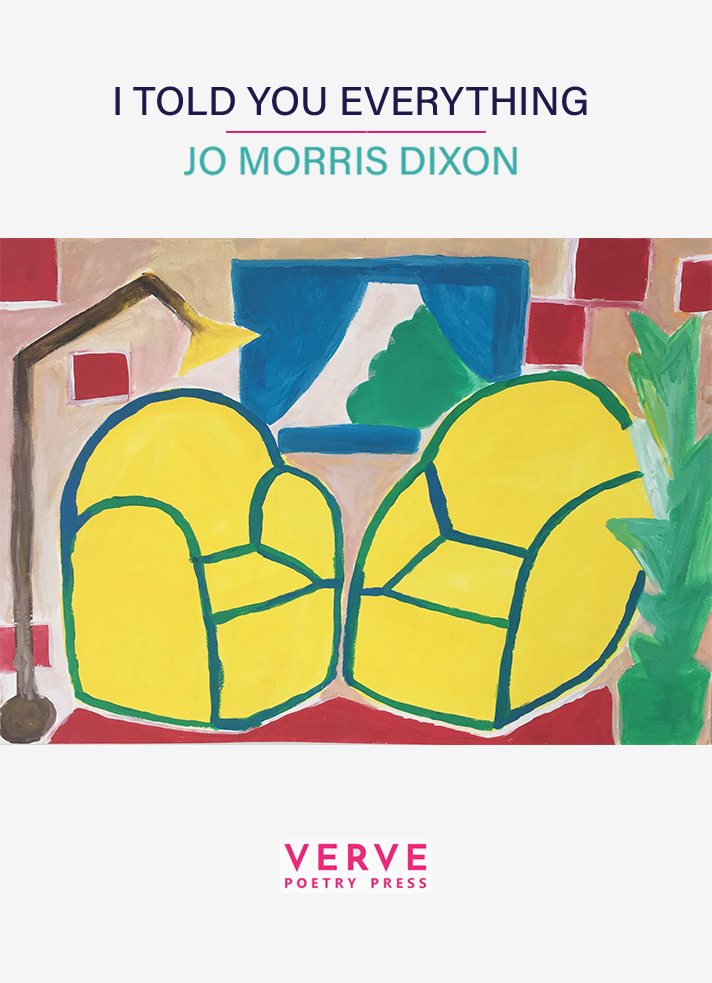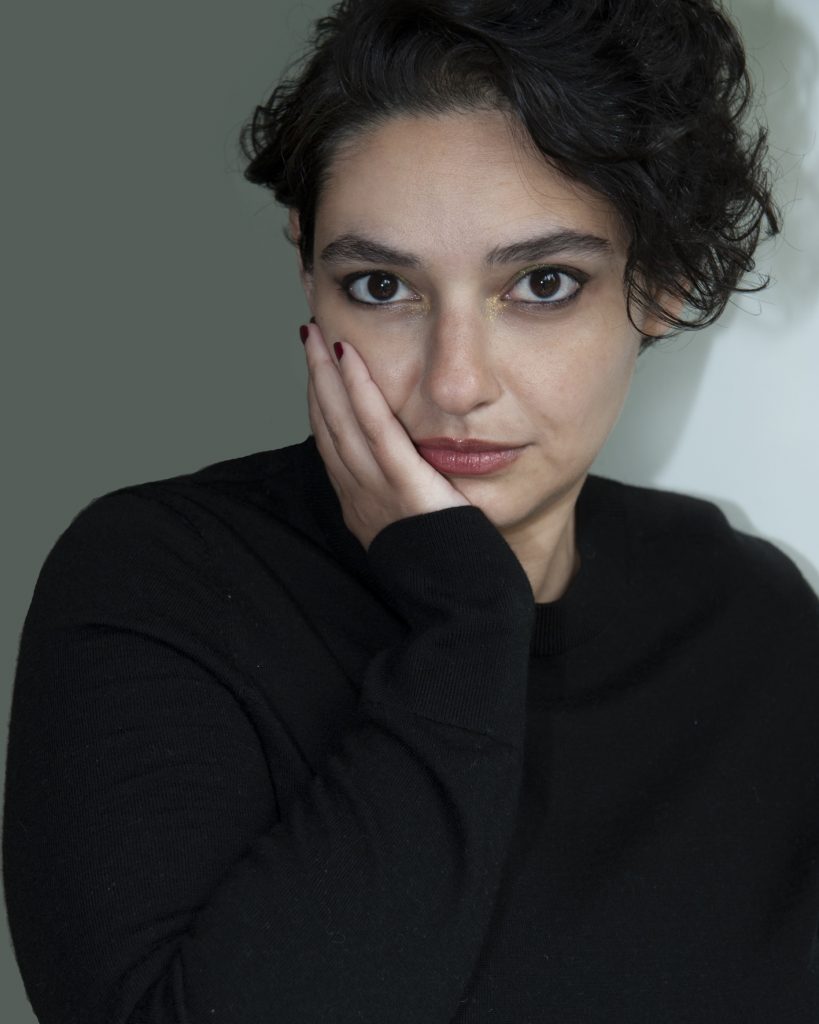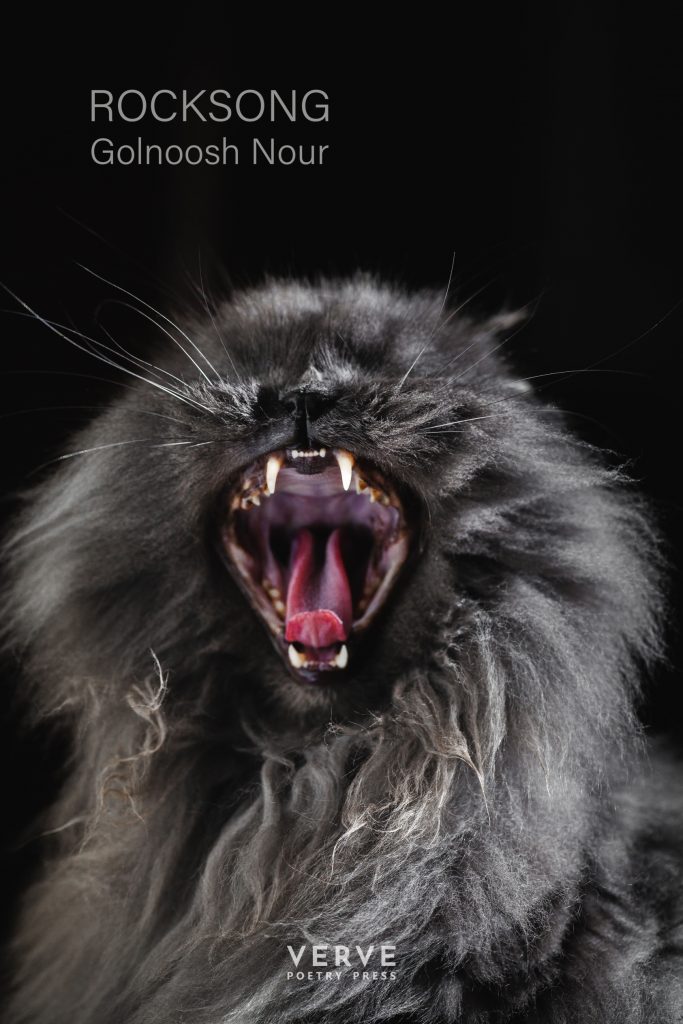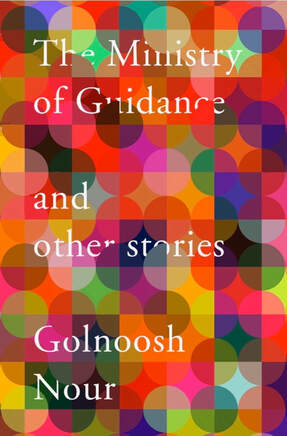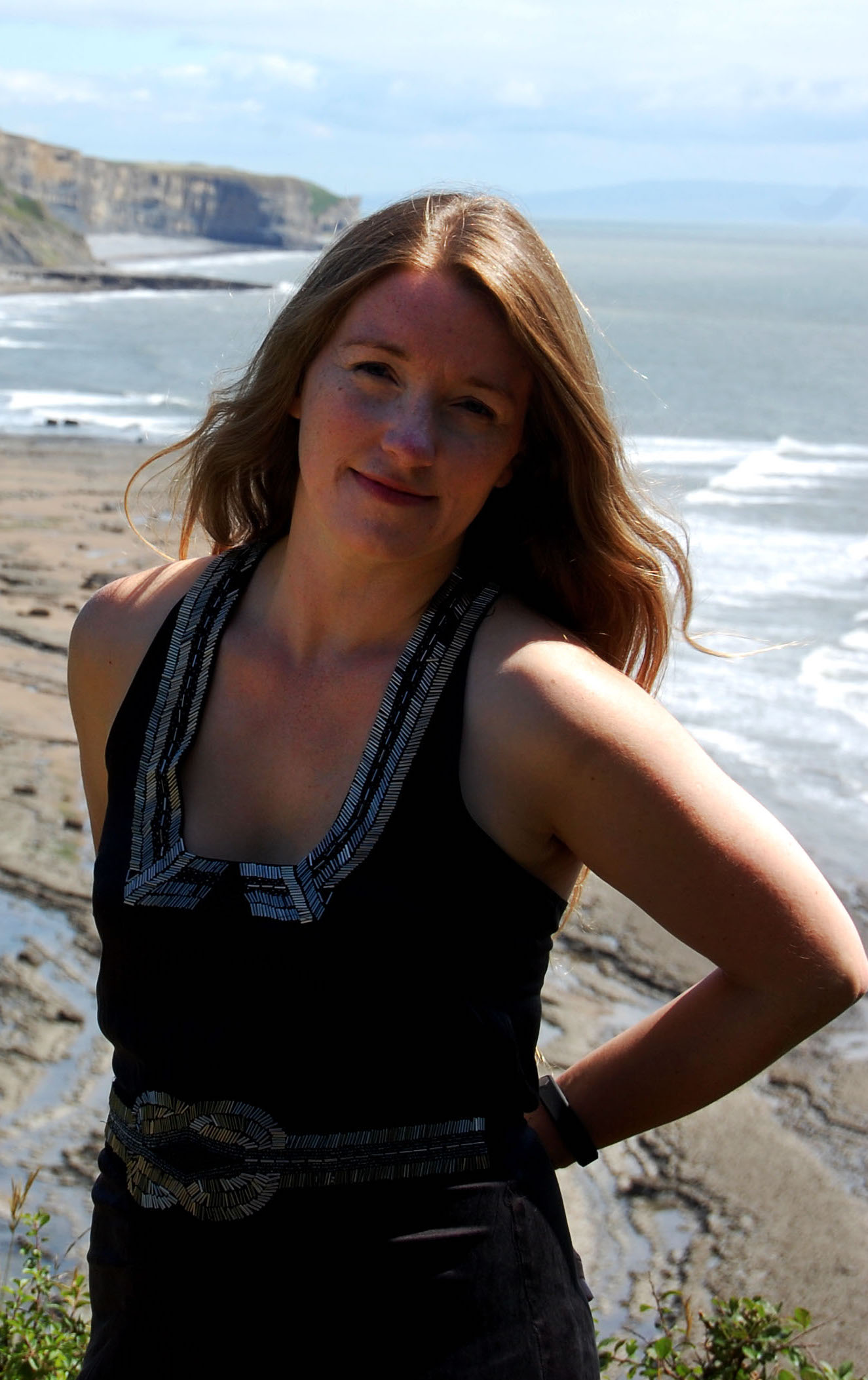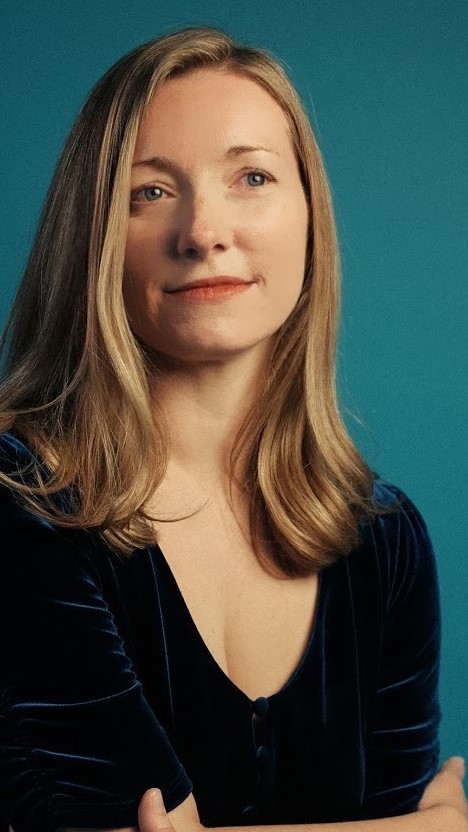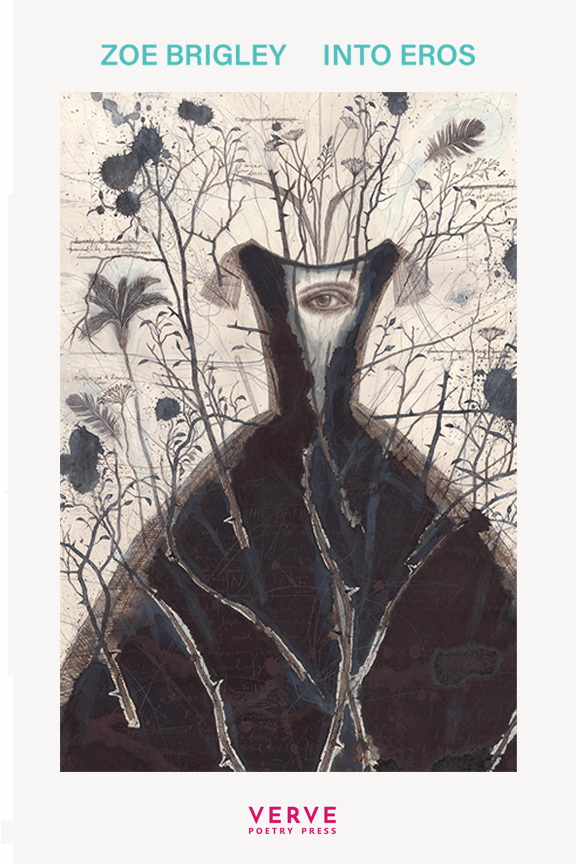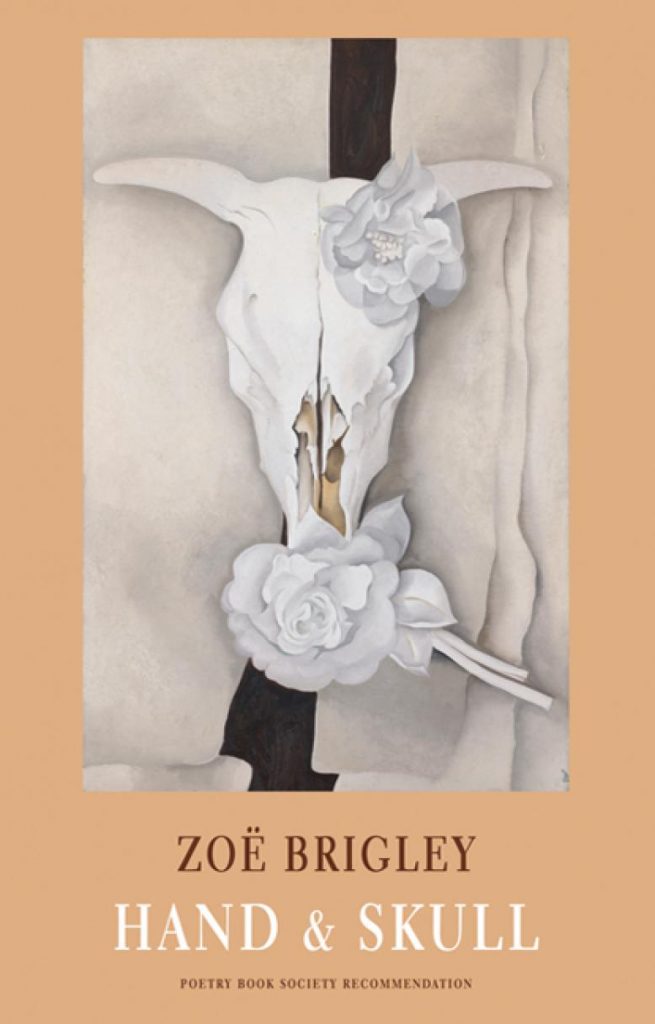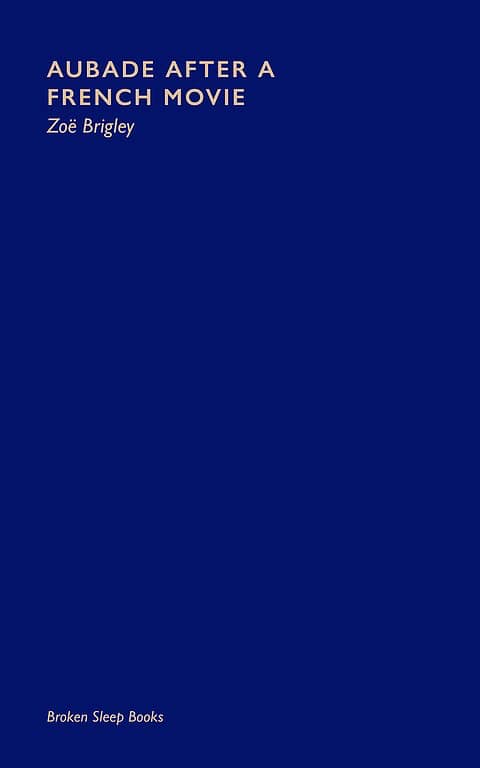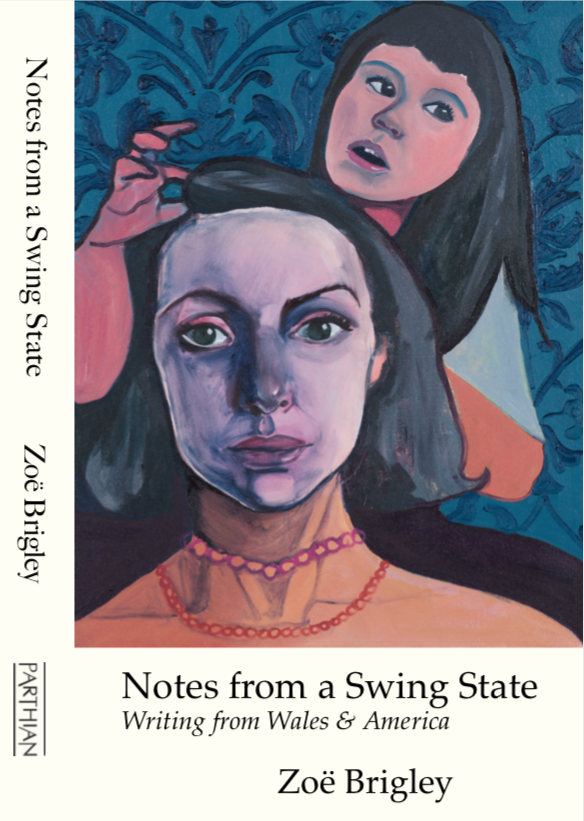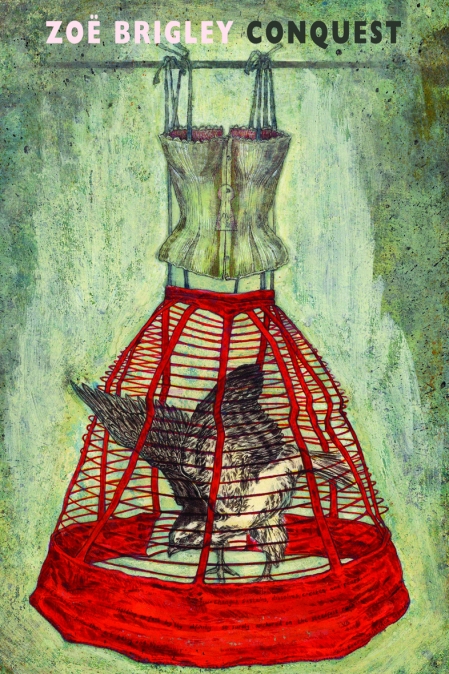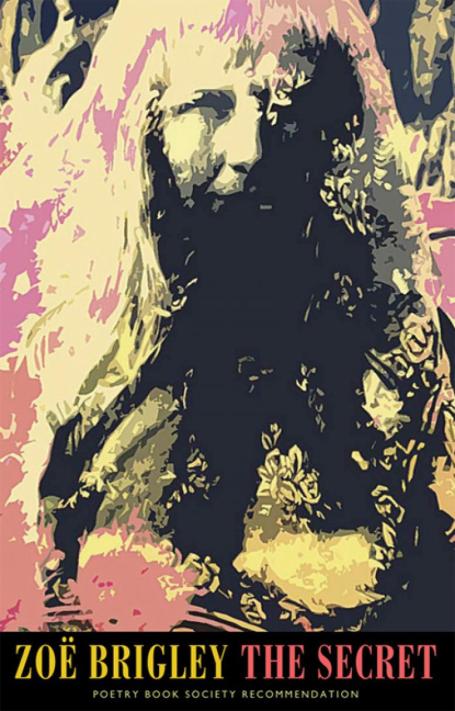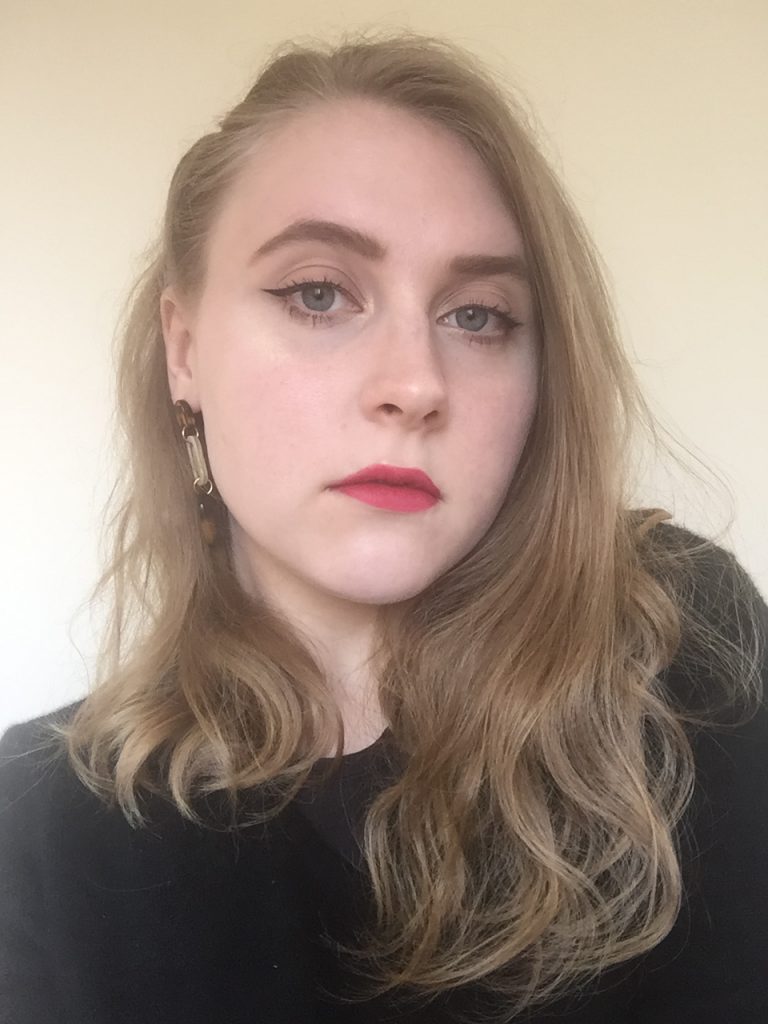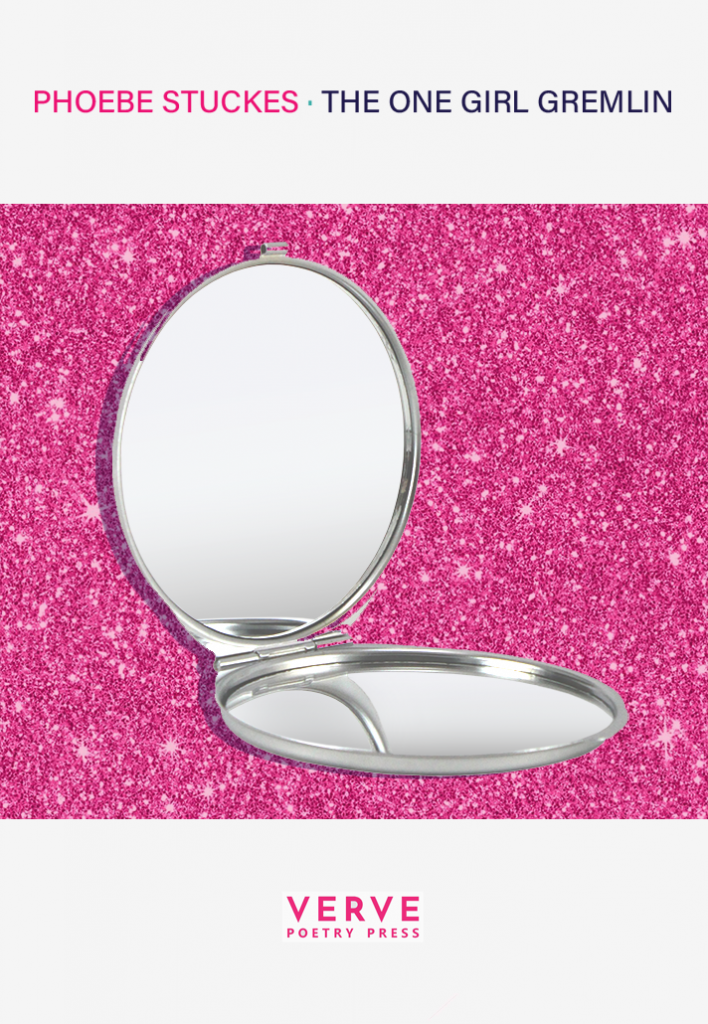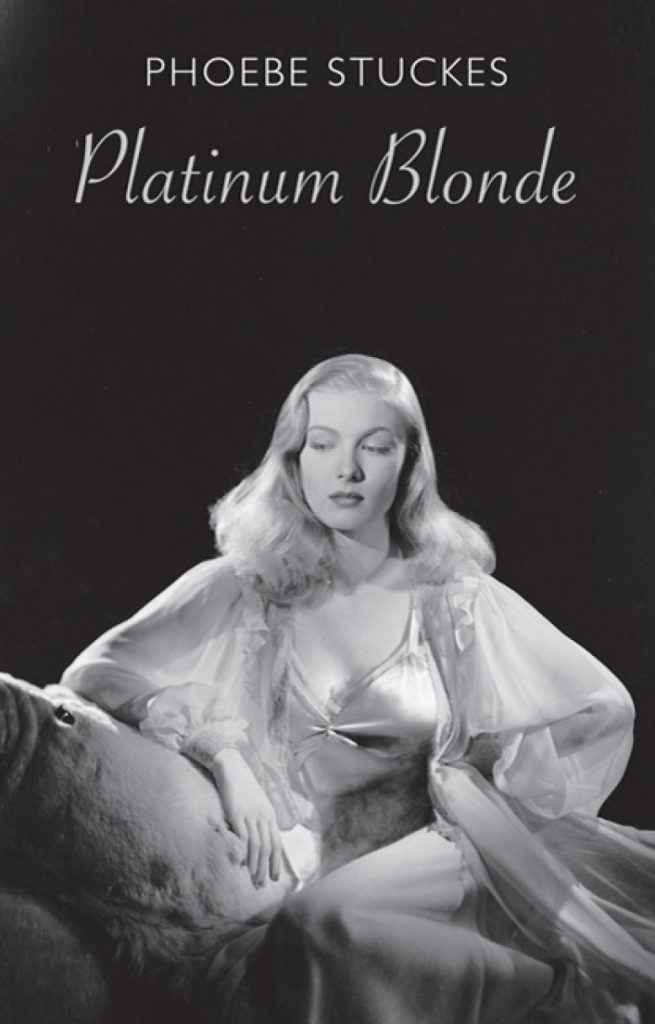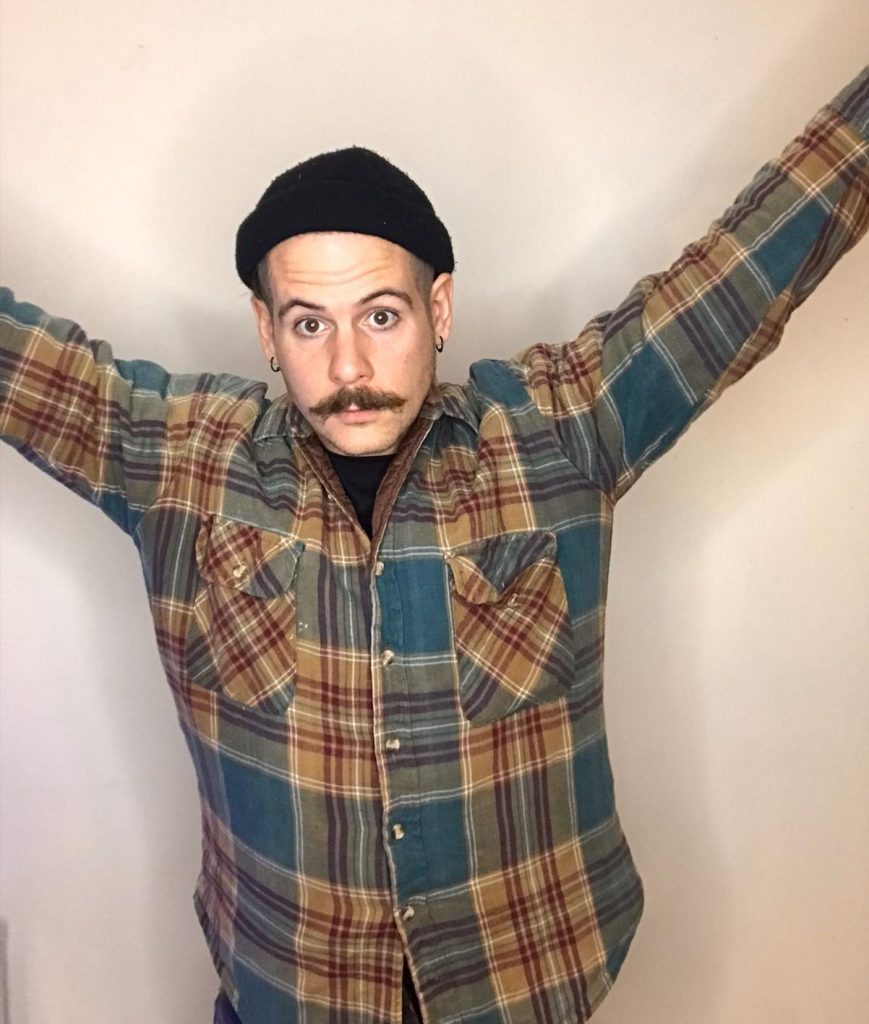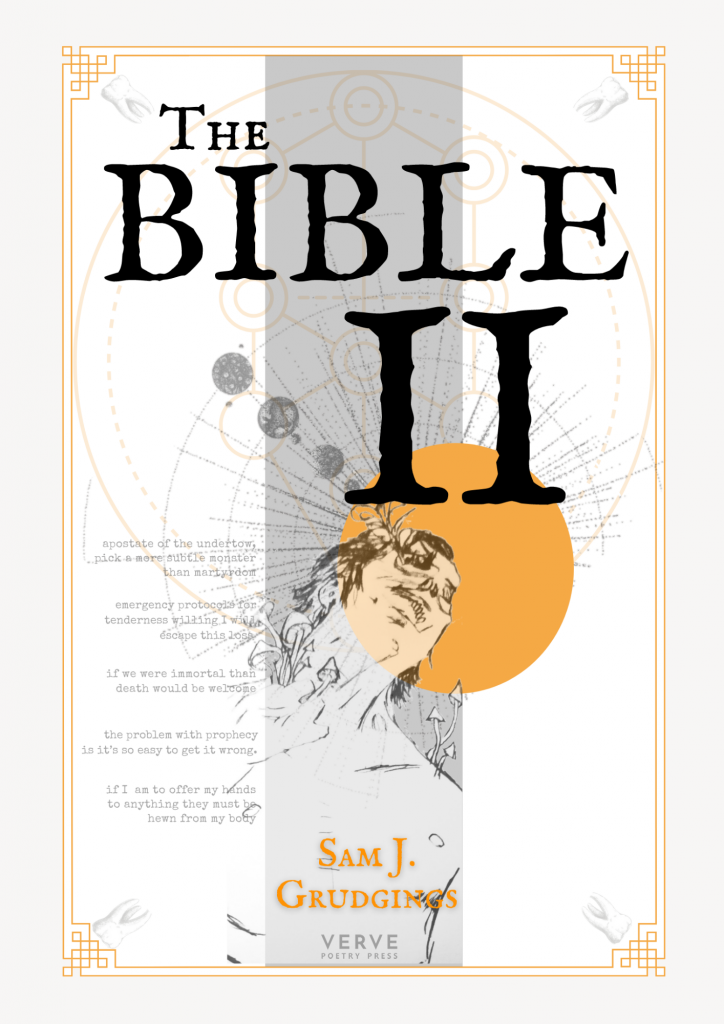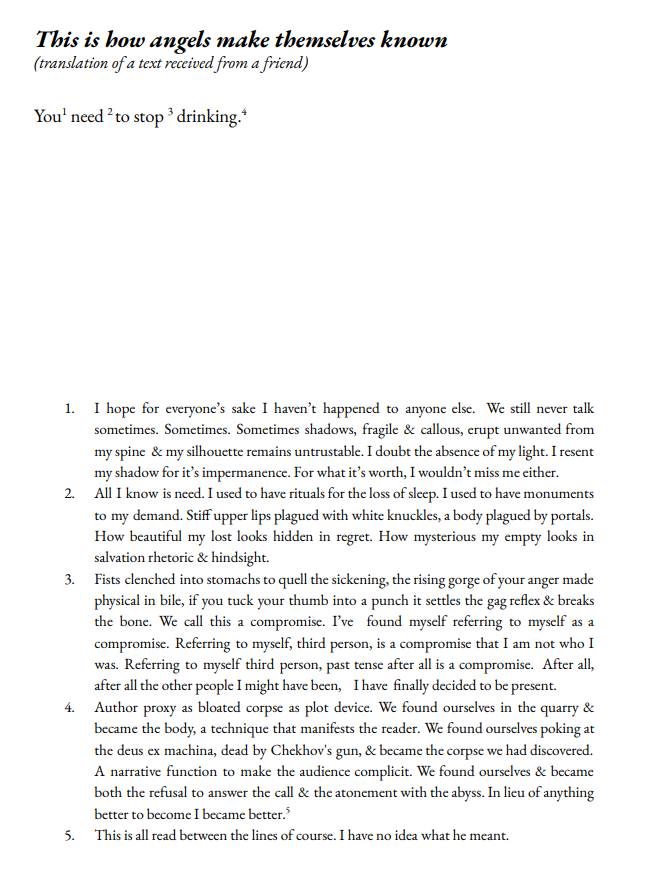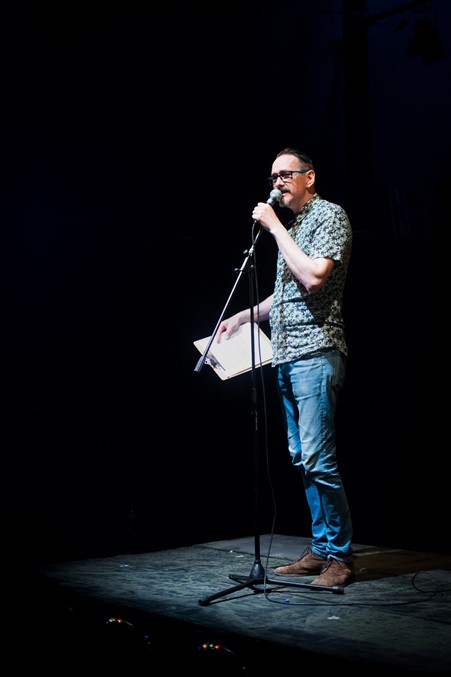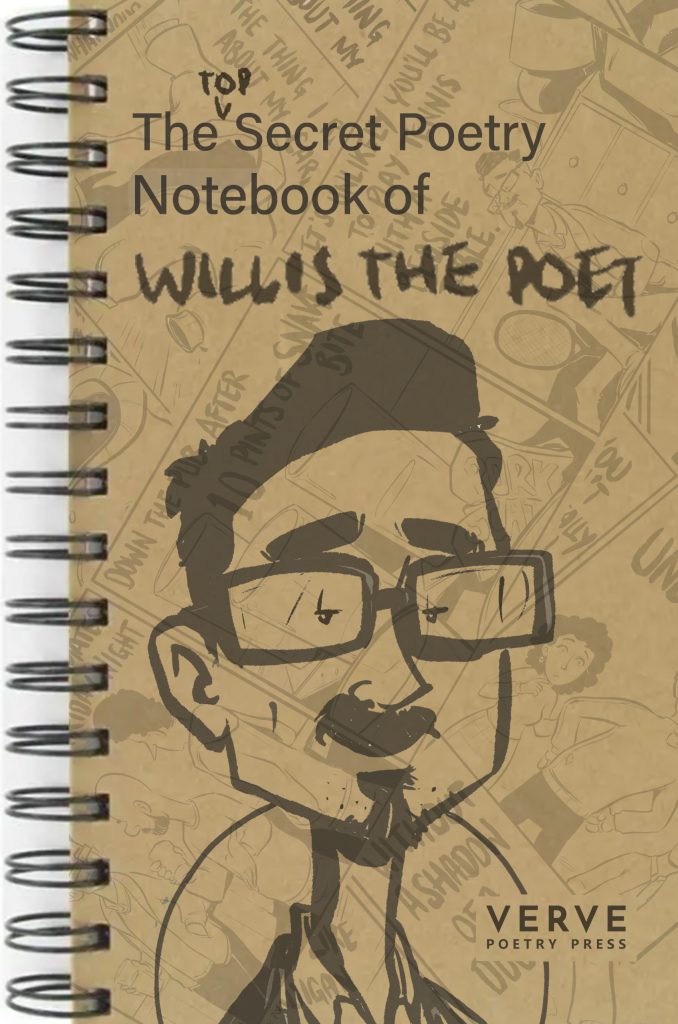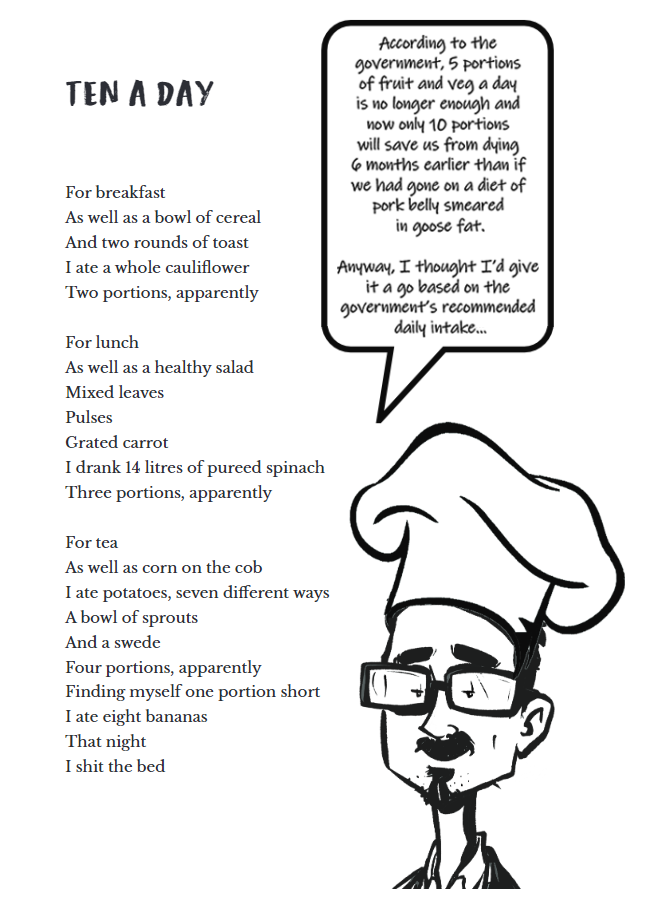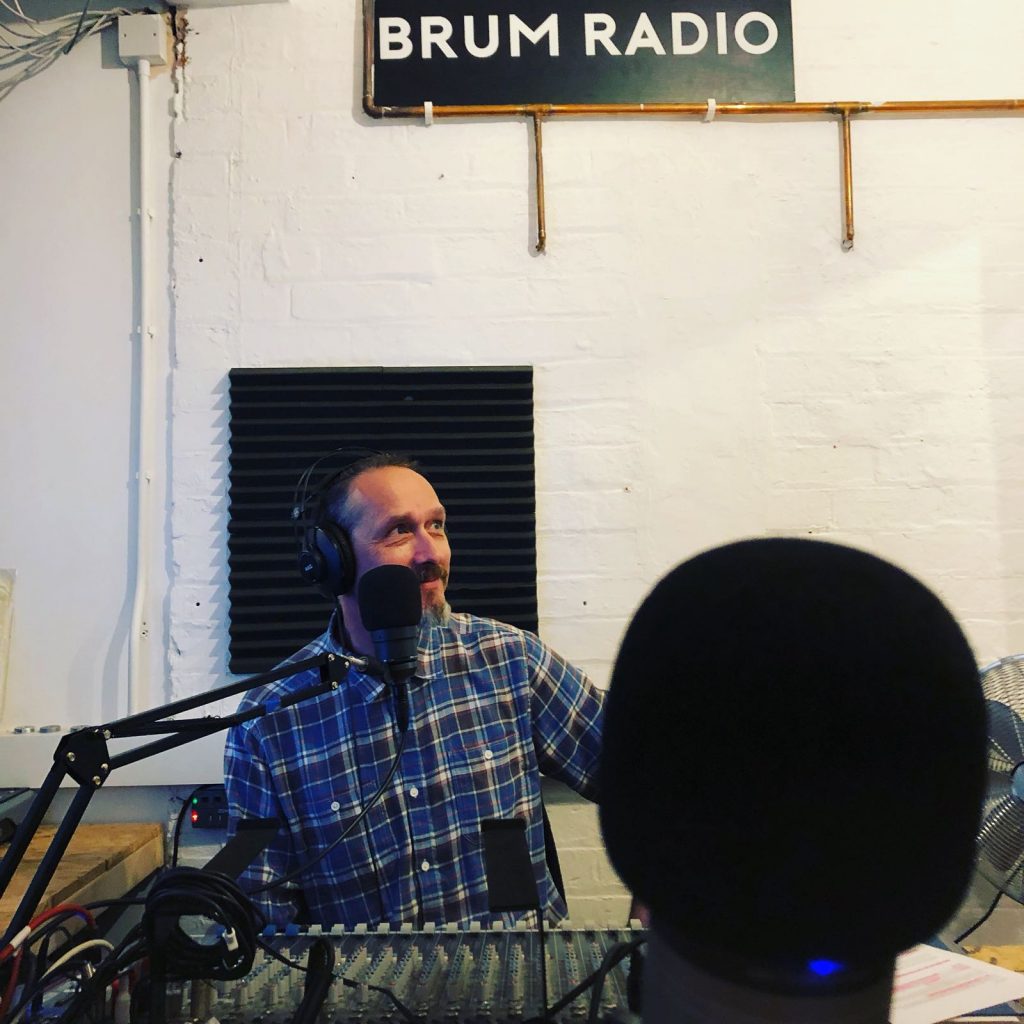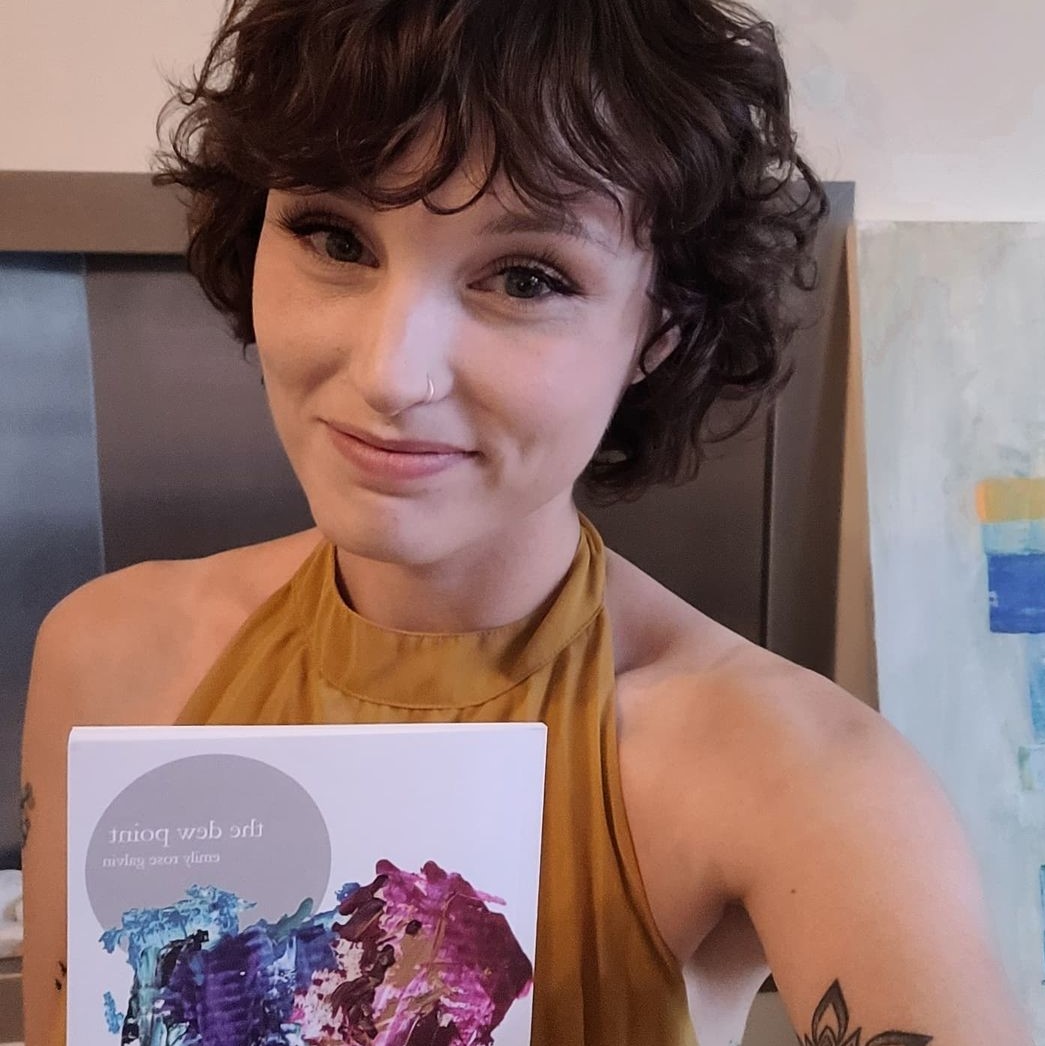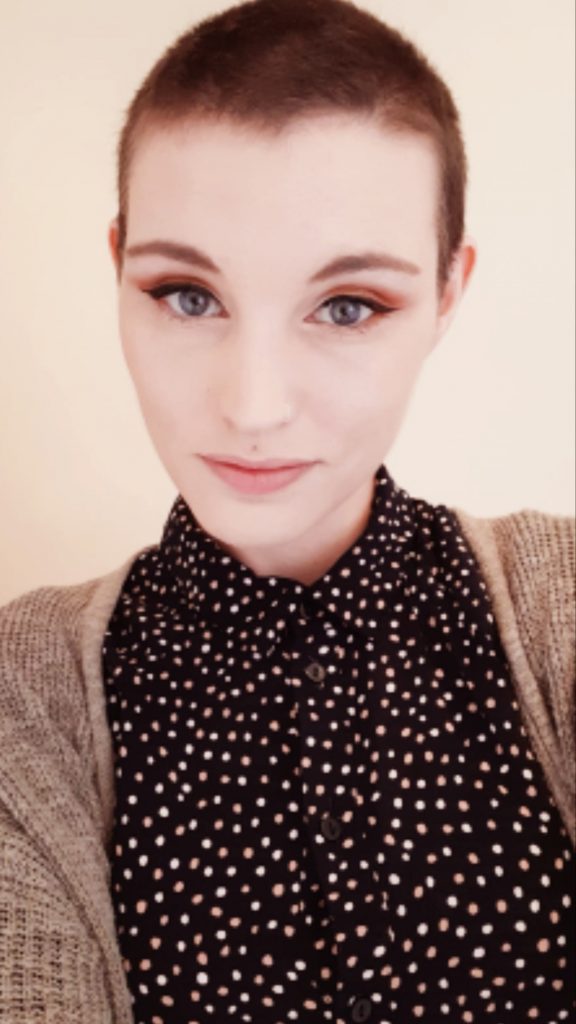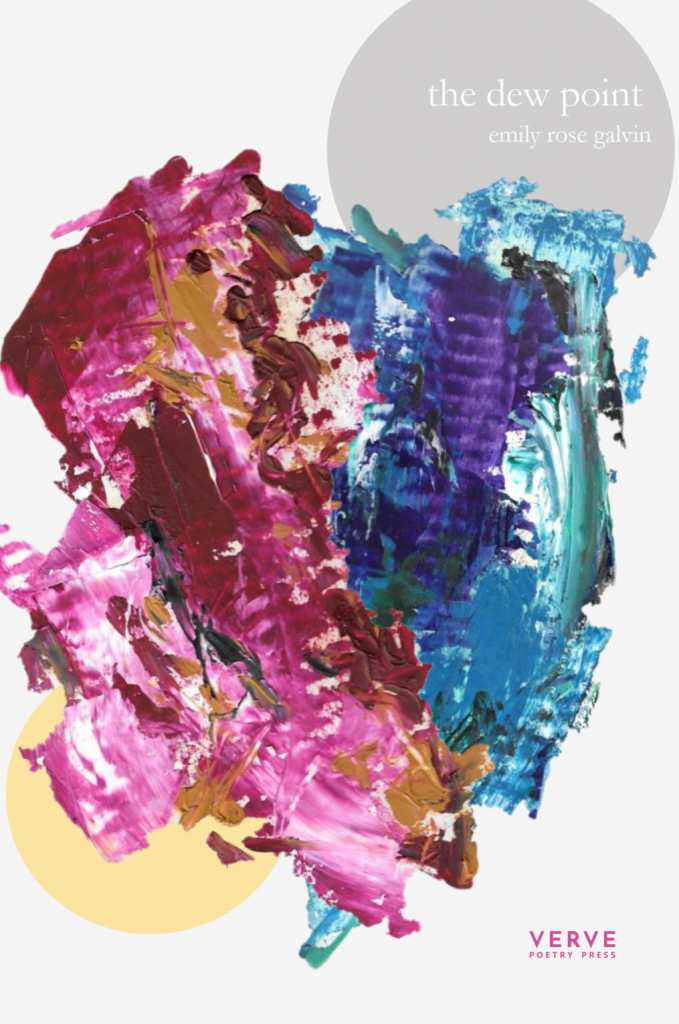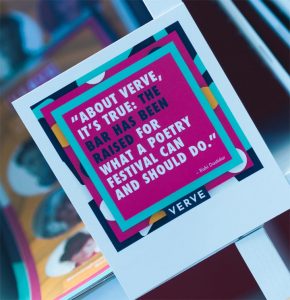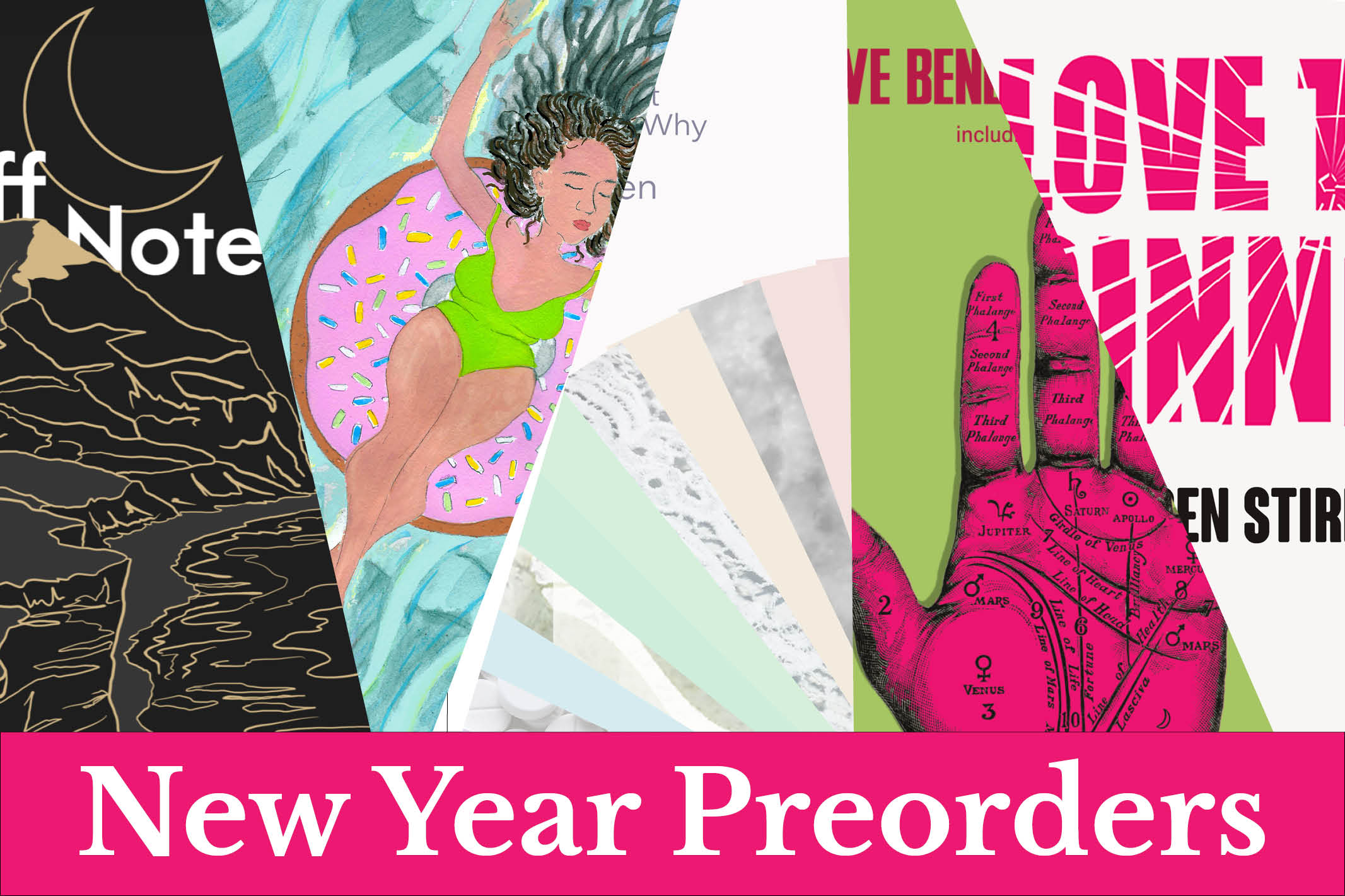
Seeing as 2022 is already barrelling towards us, there’s no harm in letting you know that our new year’s resolution is the same as always: to keep bringing you brilliant poetry from wonderful, talented poets – and here’s the proof.
Below are details of just the first five collections we’ll be putting out in 2022, plus the inside scoop on the poets responsible for them.
They’re all available for preorder with free P&P along with a few(!) others you can check out here.
Nicki Heinen – There May Not Be A Reason Why
due jan 22
Nicki Heinen has been sectioned and hospitalised under the mental health act on several occasions during her life. As such, her debut collection contains vivid descriptions of hospitals and her incarceration in them.
‘… rotting plaster, the cracked tiles erupting weeds, a summer gone bad in the crater of today, yesterday, tomorrow, every day the same but for the occasional bath.’
She has also experienced long periods of freedom, often chaperoned as it is, by its evil twin brother, loneliness. At times, freedom can be an incarceration of its own.
‘…I ask my lovers if they will say my name, gently, as you did; / they cannot. They take the mirror and hold it up to my face. / Look, they say, you are alone.’
It is no exaggeration to state that, in this astonishing debut full collection, Nicki shows time and again that she has the imagination, the wit and the craft to be able to move almost nimbly beyond all these restrictions. She has produced a book of great power and invention, with imagery you can taste! It is poetry of some power that can raise you up through the roof of the cage and out into the air!

Nicki Heinen
Nicki Heinen was born in Germany but moved to Birmingham, U.K at the age of 6. She studied English at Girton College, Cambridge University, where she won the Barbara Wrigley Prize for Poetry. Her work has been published in a variety of print and on-line magazines and anthologies, including Magma and Bloodaxe’s Staying Human anthology. She was shortlisted for the Pat Kavanagh Prize in 2012, and commended in the Winchester Prize 2018. She founded and hosts Words & Jazz, a spoken word and music night, at the Vortex Jazz Café, London. She lives in North London.
Elle Dillon-Reams – Maladaptive
due jan 22
Maladaptive is about identity, wintering, womanhood, love and home. Exploring the loss of self and homesickness for that which is no longer there, grief for those gone and the rebuilding of hope and finding the light in the dark.
Whilst being a hugely honest, personal and vulnerable collection, Maladaptive is accessible, relatable and comforting. A raw exploration of mental health with a necessary, playful dose of finding comedy in unexpected places, a mindfulness in the natural world drawing on Elle’s growing up by the seaside and feeling a strong drawing to the water. And sourcing the bonds that connect us all as much more than monoliths, that which make us feel we belong.

Elle Dillon-Reams
Originally from Brighton, Elle has lived in London for the last 12 years. After dabbling in various poetry nights across the UK, she won the Genesis Slam in 2019 and is going ahead to the Hammer and Tongue National Finals at The Royal Albert Hall that was slated to take place last year. In 2019 she also performed as Boiler House London’s International Women’s Day Poet. After winning the Imperial College Nature Slam in 2020 with her piece FOR FREDDY, she was then the International Women’s Day poet for Imperial College London in their 2021 celebrations, running a bespoke workshop for doctors, mathematicians and scientists.
Imogen Stirling – Love The Sinner
due jan 22
Love The Sinner is the second collection from poet and theatre-maker, Imogen Stirling. A fusion of poetry, theatre and electronic music, it will premiere as a stage show later in 2022.
sirens, shutters, smashed glass and traffic hums
itchy feet
twitching thumbs
the city thrums with unrest
turns a buzz of thought
The seven deadly sins are alive and kicking hard in contemporary Scotland.
Swooping from the mundane to the immense, Stirling’s long-form poetry weaves narratives of human experience. A loose alliance of extraordinary and unextraordinary characters struggle to comprehend their identities in a world bladed with criticism and obsessed with self-betterment. This story sees ancient roots clasp hands with modern compassion to explore human frailty, love and resilience, while the threat of ecological crisis rumbles in the background.
Mirror and rallying cry both, Love The Sinner reflects on the meaning of being human today.

Imogen Stirling
Imogen is a Glasgow-based spoken word poet, theatre-maker and vocalist. She was the inaugural Writer-in-Residence for Paisley Book Festival 2021 and appeared on the BAFTA-winning Sky Arts documentary, Life & Rhymes. Imogen is an established performer (inc. BBC, Sofar Sounds, Latitude Festival, Neu! Reekie!, Aye! Write). She is best recognised for her five-star debut show #Hypocrisy (sell-out runs at Edinburgh Fringe and Prague Fringe; UK tour) and featured in the BBC Words First talent development scheme. She co-founded Siren Theatre Company, whose production Text Me When You Get Home is being developed with Tron Theatre, Creative Scotland and Glasgow & Clyde Rape Crisis. Imogen’s work has been described as ‘life-affirming artistry’ (Everything Theatre) and ‘a tonic for the tribal times we live in’ (Darren McGarvey).
Kathryn O’Driscoll – Cliff Notes
due feb 22
Kathryn O’Driscoll’s debut collection comes from the edge of being alive, being sane, and being heard. Exploring grief, sexual abuse, mental illness, isolation and recovery, Cliff Notes forms the story of many losses and what is left behind.
Poetry from the precipice oscillating between beauty and brutality, Cliff Notes examines how our experiences shape our ideas about who we are. Intrusive thoughts, metaphor, and facts are woven together until reality is indistinguishable from a dysfunctional mind’s perception of it.
A biological cartography of the effects of trauma and silence, both enforced and self-imposed, this is a portrait of the body as the site of betrayal but also redemption. O’Driscoll’s writing is sharply human as she unflinchingly excavates the grimmest places and combs through the decay to find if there is anything alive growing there still. Yet amid all the darkness, each poem is a defiant flare of hope that change is still possible.
Cliff Notes sets you adrift, struggling to keep your head above water that will either save or destroy you with its next wave. This collection won’t let you catch your breath. This is poetry as survival and suffering, with no easy answers about which will win in the end.

Kathryn O’Driscoll
Kathryn O’Driscoll is a spoken word poet, writer and activist from Bath, England. She talks openly about disabilities, mental health, LGBTQIA+ issues and joys and gender politics in her wide range of poems. She is the current UK Slam Champion. Aside from performing poetry across the South West, she has performed at the Edinburgh Fringe, at multiple UK National competitions, on BBC Radio Bristol and was featured on the Sky Arts spoken word TV show Life and Rhymes.
Kat Lyons – Love Beneath The Nails
due feb 22
MENOPAUSE? SERIOUSLY? WTF?
Kat thought they were far too young to worry about menopause. Biology had other ideas…
Dry Season is a spoken word theatre show that interweaves music, movement and medical texts with original poetry and animation.
Using the role of women in fairytales as a starting point, Kat takes the audience on a journey through a chaotic year of hormone issues, NHS visits and unexpected connections.
Honest, intimate and threaded through with dark humour, Dry Season uses Kat’s experience of premature ovarian failure to question societal expectations of age and gender, and explore wider issues around mental health, identity and how we cope with loss.
Containing the full stage script for DRY SEASON as well as many of Kat’s best performance and page poetry on overlapping themes – this wonderful debut collection gives a rounded and detailed view of Kat, the poet and performer. It is an incredible read!

Kat Lyons
Kat is a Bristol-based writer, performer, facilitator and creative producer. They have performed at poetry events and festivals across the UK, have a full collection forthcoming in 2022 from Verve Poetry Press and have recently finished developing a spoken word theatre show exploring age, identity and menopause. Kat is passionate about using the power of stories to connect people to themselves, each other and the environment.
See something you like?
Preorder below for free postage and packaging!
-
Kathleen Ossip - Little Poems [2022]
£7.50 -
Georgina Wilding - Hag Stone [2022]
£9.99 -
Sarah James - Blood Sugar, Sex, Magic [2022]
£10.99 -
Kayleigh Campbell - Matryoshka [2022]
£9.99 -
Kathy Pimlott - the small manoeuvres [2022]
£9.99 -
Qudsia Akhtar - Khamoshi [2022]
£9.99 -
Erica Gillingham - The Human Body Is A Hive [2022]
£7.50 -
Betty Doyle - Girl Parts [2022]
£7.50

